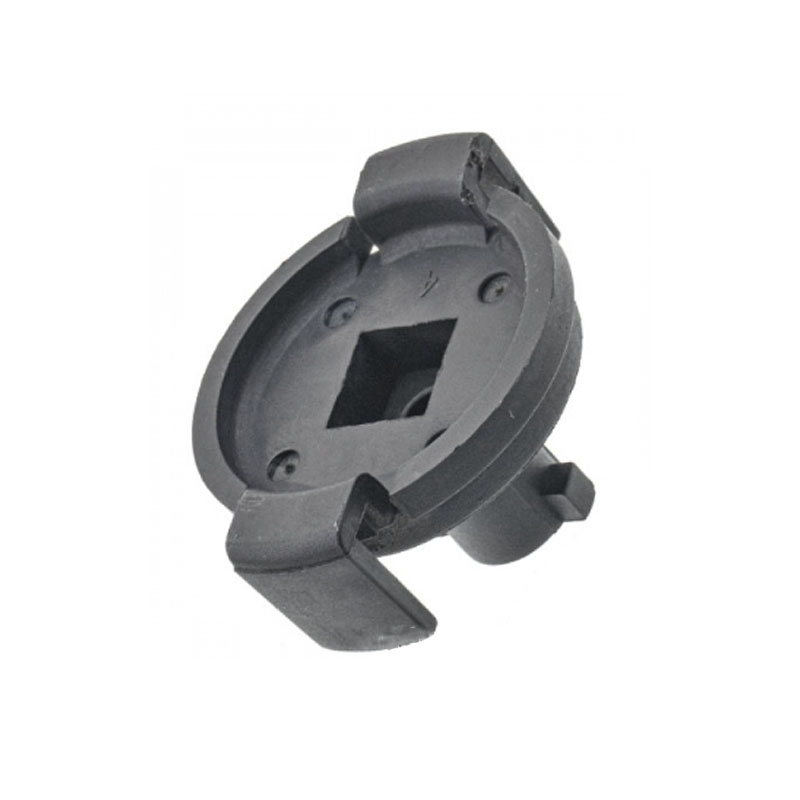oil seal function
The Function and Importance of Oil Seals in Machinery
Oil seals are essential components used in various mechanical systems to prevent the leakage of lubrication oil, protect the machinery from external contaminants, and ensure optimal performance. Although they may seem like simple rubber or plastic rings at first glance, their functions are crucial for the longevity and efficiency of machinery. In this article, we will delve into the roles oil seals play, their types, applications, and the significance of regular maintenance in extending their lifespan.
Function of Oil Seals
The primary function of an oil seal is to retain lubrication and prevent the escape of oil from bearings, gearboxes, and other moving parts. By creating a barrier between oil and external elements, oil seals ensure that the lubricating fluids remain intact, reducing friction and wear on vital components. This is especially crucial in machinery operating under high stress and temperature conditions, where the integrity of lubrication significantly impacts performance and durability.
Another key function of oil seals is contamination prevention. Machinery often operates in environments filled with dirt, dust, and other particulates that can cause significant damage if they infiltrate the lubricated areas. Oil seals create a protective barrier that keeps these contaminants at bay, ensuring that the lubricants remain clean and effective. This protection is vital in applications where precision is required, such as in automotive engines and industrial machinery.
Types of Oil Seals
Oil seals come in various designs and materials, each tailored for specific applications. The most common types include
1. Rotary Oil Seals These seals are designed to function in rotating equipment. They usually consist of a flexible lip that presses against the shaft to provide a tight seal. They are widely used in automotive and industrial applications.
2. Static Oil Seals Unlike rotary seals, static seals are meant for stationary parts. They prevent leaks between two fixed components and are often made from materials that can withstand extreme temperatures and pressures.
3. Complex Oil Seals These seals incorporate multiple lips or materials, offering enhanced sealing properties and durability in challenging environments. They are used in applications that experience variable pressures and temperatures.
The choice of oil seal depends on several factors, including the operating environment, the type of fluid being sealed, and the mechanical design of the equipment.
oil seal function

Applications of Oil Seals
Oil seals can be found in various sectors, reflecting their versatility and importance. They are commonly used in
- Automotive Industry Engine components, transmission systems, and differentials rely heavily on oil seals to retain lubricants and protect internal parts from contamination.
- Industrial Equipment Machinery such as pumps, compressors, and turbines utilize oil seals to maintain performance and efficiency in demanding operational conditions.
- Aerospace and Aviation In aircraft engines and various aircraft systems, oil seals play a critical role in ensuring safe and reliable operation.
- Marine Applications Boats and ships utilize oil seals to protect engines and other systems from water ingress and ensure that lubrication remains sealed, enhancing resilience against harsh marine conditions.
Maintenance and Longevity
To maximize the effectiveness of oil seals, regular maintenance is vital. Inspecting seals for wear and damage can prevent costly breakdowns and ensure machinery operates smoothly. Signs of wear, such as oil leaks or excessive noise from moving parts, should prompt immediate inspection and potential replacement of the seals.
Proper installation of oil seals is equally important. Incorrect alignment or installation can lead to premature failure, so following manufacturer guidelines and best practices is essential. Additionally, choosing the right seal design and materials based on the specific application parameters can significantly extend the lifespan and performance of the oil seal.
Conclusion
Oil seals serve critical functions in modern machinery, ensuring the serene operation of components by maintaining lubrication and shielding against contamination. Their diverse applications across various industries underline their importance in mechanical design and maintenance. Understanding the function and proper care of oil seals is integral to prolonging machinery life and enhancing operational efficiency. As technology continues to advance, the role of oil seals will likely evolve, but their fundamental purpose in protecting machinery will remain a cornerstone of engineering practice.
-
Understanding the Front Main Engine Seal: Purpose, Maintenance, and Installation
News Jul.29,2025
-
Understanding O-Rings and Seal Rings: Types, Applications, and Custom Solutions
News Jul.29,2025
-
Understanding Crankshaft Oil Seals: Rear Seals, Pulley Seals, and Their Role in Engine Integrity
News Jul.29,2025
-
The Importance of Front and Rear Crankshaft Seals in Engine Performance and Oil Management
News Jul.29,2025
-
Crank Oil Seals: Functions, Types, and Cost Considerations in Engine Maintenance
News Jul.29,2025
-
A Comprehensive Guide to O-Rings and Seals: Types, Materials, and Global Applications
News Jul.29,2025
-
Mastering Diesel and Performance Engine Maintenance: A Guide to Critical Oil Gaskets
News Jul.28,2025
Products categories















